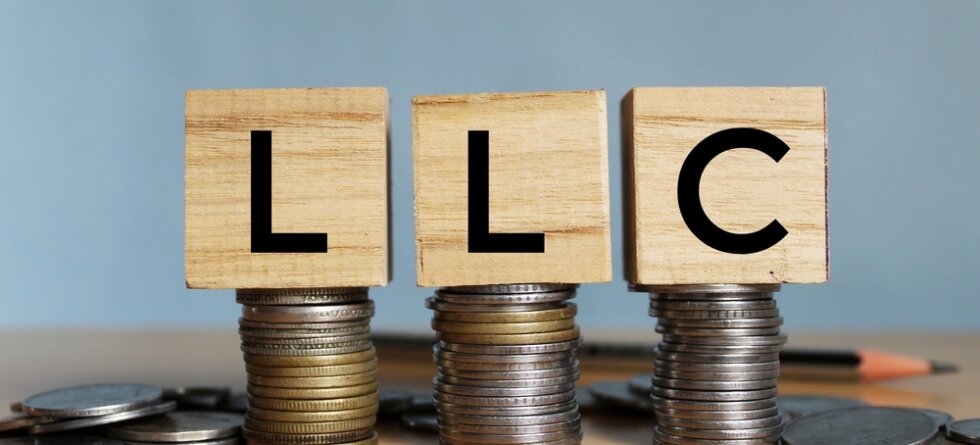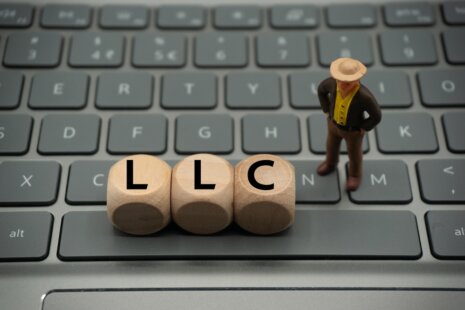An LLC (Limited Liability Company) is a business entity that offers a flexible and simplified business structure with liability protection for its owners, known as members. Unlike a corporation, an LLC does not have stockholders or issue shares, and its members are not considered company employees by default.
As an LLC member, you can choose how you receive compensation from the company. You can take money out of the LLC’s profits through either an owner’s draw or a salary, depending on your preference and the tax implications:
- Owner’s Draw: If you choose to take money from the LLC’s profits for personal use, it is referred to as an owner’s draw or distribution. An owner’s interest is not considered wages or a salary and does not involve payroll taxes. Instead, it distributes the LLC’s profits to the members based on their ownership percentage. Owner’s draws are reported on your tax return, and you may be responsible for paying estimated taxes on the distributed income.
- Salary: Alternatively, as an LLC member, you can elect to become an employee of the company and receive a regular wage for the work you perform for the business. In this case, the LLC would withhold payroll taxes from your salary, just like any other employee, and issue you a W-2 form at the end of the year. This option may provide tax advantages, such as employee benefits and retirement plan eligibility.
The decision to take an owner’s draw or salary as an LLC member depends on various factors, including your tax situation, the level of liability protection you desire, and your business’s financial needs. It is essential to consult with an accountant or tax advisor to understand each option’s tax implications and economic considerations based on your specific circumstances and local tax laws.
Remember that the regulations and rules surrounding compensation for LLC members can vary by state, so it’s crucial to ensure compliance with local laws and regulations when determining how to compensate yourself as an LLC member.




